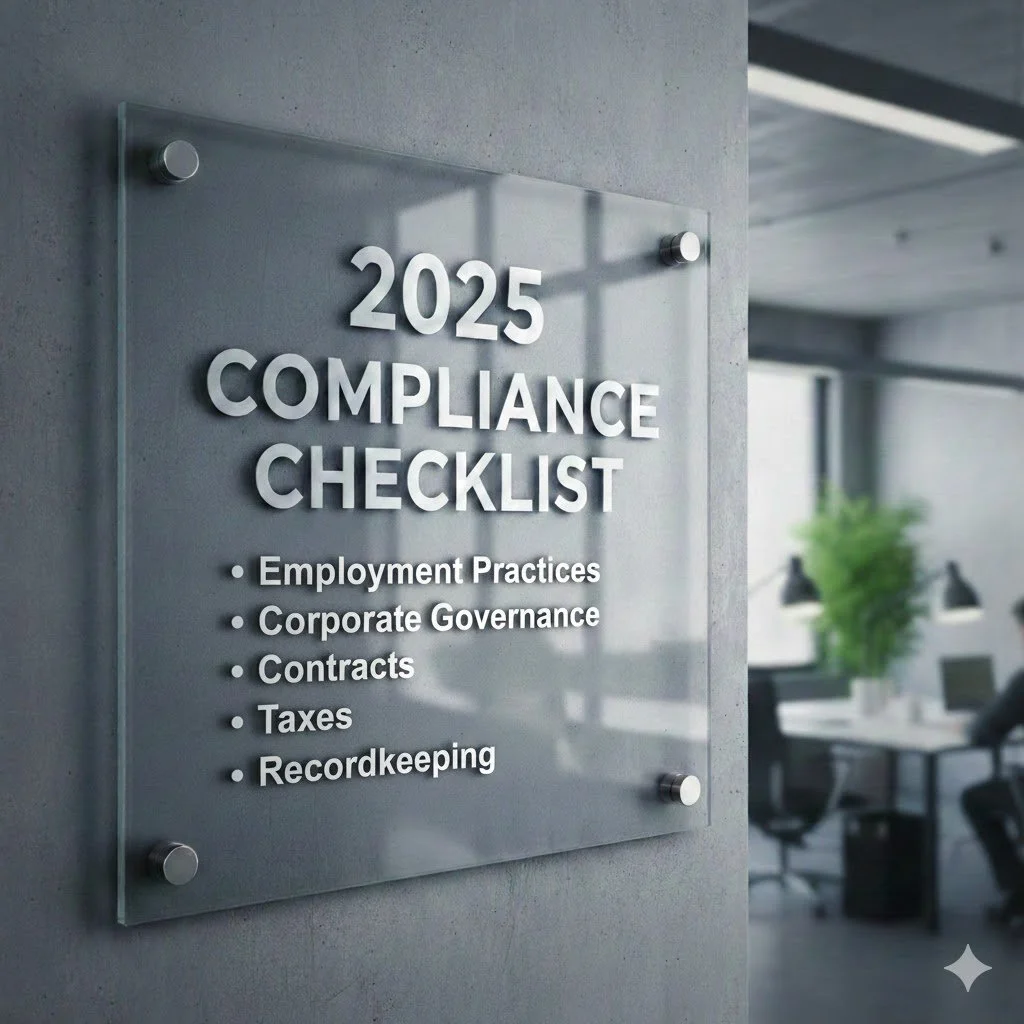Retaliation
Workplace retaliation is a much more common problem than people believe. According to the Phoenix Business Journal, retaliation claims with the Equal Employment Opportunity Commission are on the rise in Arizona and nationwide. Retaliation in the workplace is a serious problem and not something employees should have to face in the workplace. However, not all retaliation is illegal. If you believe that you are being retaliated against in your workplace, you should consult with an Arizona employment attorney so you understand your legal rights.
What is Retaliation in the Workplace?
Arizona state law and federal law protect employees in numerous ways. One of the main protections that employees receive from the legal system is from employers who take retaliatory actions against their employees for complaining about discrimination, sexual harassment, or illegal activity. Retaliation most commonly comes in the form of an adverse employment action, such as terminating or demoting an employee for complaining of discrimination, alerting management of illegal conduct, and other “protected activities.” As an employee, you have the right to certain activities in the workplace. These “protected activities” often include filing a discrimination complaint discrimination in the workplace.
Retaliation in the Workplace Under Arizona Law
Under Arizona law, retaliation in the workplace is identified in 23-1501. Retaliation is illegal in the workplace under the following circumstances:
Retaliation in the workplace.
The employee has refused to commit an act or omission that violates the Arizona Constitution or the state’s statutes
The employee has disclosed in a reasonable manner based upon a reasonable belief that the employer has violated or is violating the Arizona Constitution or the statutes of the state
The employee has exercised his or her rights under the workman’s compensation statutes
Service on a jury
Exercise of voting rights
Exercise of free choice with respect to membership in labor organizations
Service in the national guard or armed forces
The exercise of the right to be free from extortion of fees or gratuities as a condition of employment
Exercise of the right to be free from coercion to purchase goods or supplies from any particular person
As you can see, you are protected extensively against workplace retaliation. Your employer cannot fire you for any of the conduct prescribed above.
As Arizona law explains, workplace retaliation is illegal and as a result, you have legal recourse against your employer if you were wrongly fired.
Here are a few considerations and issues that may arise in terms of workplace conduct and retaliation:
A “GOOD FAITH” BELIEF THAT THE EMPLOYER’S CONDUCT IS ILLEGAL
Whistleblowers are protected. State law protects an employee who reports conduct they believe is illegal. An issue that frequently arises in employment disputes is whether an employee is protected from workplace retaliation even if the employer’s reported conduct is not actually legal. The answer to this question is – yes, so long as you had a good faith belief that the conduct was illegal. Essentially, your employer cannot fire you for asserting a claim that you thought was illegal, so long as you honestly believed it to be true. For example, if you report to the Arizona Department of Labor an issue and the department investigates and finds that there is no legal violation, your employer still cannot use workplace retaliation and fire you.
ARE OTHERS WHO COMPLAIN ON YOUR BEHALF SAFE FROM WORKPLACE RETALIATION?
A second issue that frequently arises is when an employee files a discrimination complaint on behalf of another employee and is concerned about workplace retaliation. Retaliation against the complainant is also prohibited. It is best to think of workplace retaliation protection as transient. If you oppose unlawful discrimination on someone else’s behalf when the discrimination was not directed at you, you are protected against workplace retaliation. You need to show that you oppose your employer’s discriminatory conduct and you reported this conduct to the employer.
WHEN IS EMPLOYER CONDUCT CONSIDERED RETALIATORY?
While there are certain situations where it is clear that an employer’s conduct is retaliatory and thereby liable to legal recourse, there are other situations where the lines are less clear. An act is considered retaliatory when an employer’s adverse actions are enough so to dissuade a reasonable employee from presenting or supporting a discrimination charge. In most instances, the standard is weighed on a case by case basis by the court. Such adverse employment actions can include termination, demotion, disciplinary action such as a write up, cut in pay, cut in hours, reassignment to less favorable working conditions and an elimination of job duties.
WHAT IS THE TIME FRAME FOR RETALIATION CLAIMS?
The strength of a retaliation claim will depend upon a number of factors, including documentation, witnesses and other evidence. But, one of the most significant factors underlying an effective retaliation claim is the time frame between the complaint and the adverse employment action. When assessing the validity of a retaliation claim, courts are looking for a short period of time between the employee conduct and the adverse action. When there is a large time span – such as several months or years – between those two occurrences, courts may be less likely to see the connection between the complaint and the retaliation. The employer will likely argue there are other reasons for the adverse action, such as performance, misconduct, poor attitude, or another reason. It’s easier to argue these reasons if there is a significant gap in time between the complaint and the adverse action.
If you believe that you have been the victim of workplace retaliation, then you should consult with an attorney who can provide you with the legal support and guidance you need.
At Tyler Allen Law Firm, you can meet with an experienced and knowledgeable legal team to discuss your situation with a workplace retaliation lawyer.
Contact us today for a consultation and to discuss your case by filling out the contact form on this page or calling (602) 456-0545.
Additional Blog Articles | Tyler Allen Law Firm
For more information about your legal rights or to discuss the facts of your legal claim, contact Tyler Allen Law Firm, PLLC for a legal consultation.












